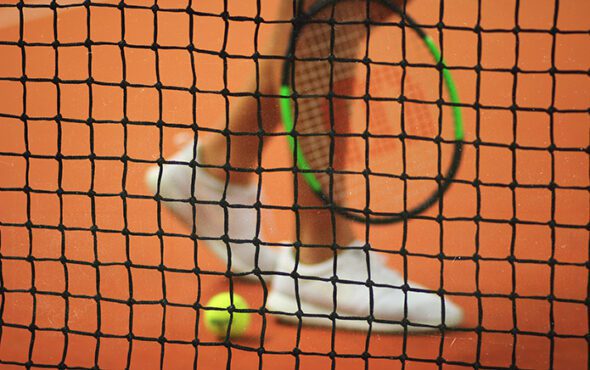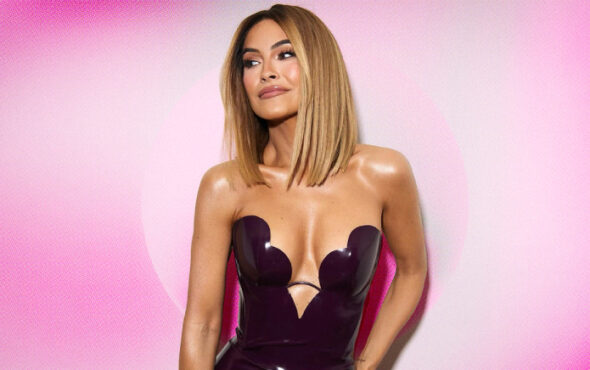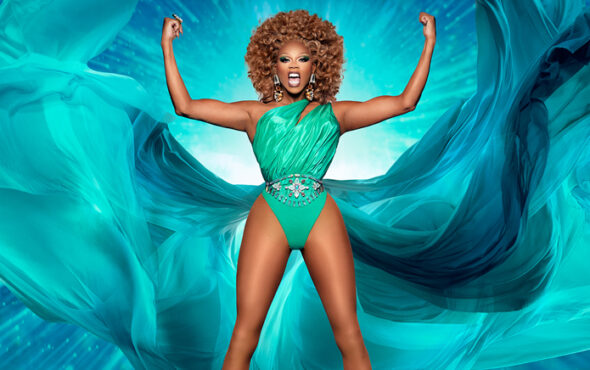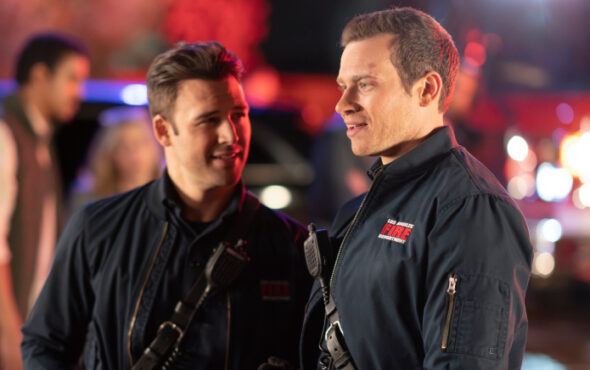
Tennis World No. 1 Novak Djokovic, who lost his visa battle to compete in the Australian Open this week, is not the only player who will be absent from the tournament’s starting line-up on Monday.
There are no openly gay or bisexual male players competing for the Grand Slam title, highlighting a dearth of LGBTQ+ players in top-level men’s tennis that contrasts with their growing visibility in other major sports.
Their absence is also at odds with the women’s game, where a string of major stars have come out as lesbian over the years – notably former world number ones, Billie Jean King, Martina Navratilova and Amelie Mauresmo.
Brian Vahaly, an American former professional tennis player who came out as gay in 2017, 10 years after retiring, is one of few male players to have done so.
The former world No. 64 said gay players may be discouraged from being open about their sexuality due to the possible impact on “sponsors, fans, family and friendships”.
He told the Thomson Reuters Foundation “it was impossible to go a week” without hearing homophobic language when he played in the ATP Tour.
“When I was competing in the mid-2000s, I would not describe tennis as a very welcoming environment for gay players,” he said, adding he was hopeful that more gay, male players at the elite level would come out as acceptance grows in sport.
“We are slowly seeing brave young athletes out there in other sports willing to speak more publicly about their sexuality,” he said. “We will get there in tennis.”
Here is a timeline of LGBTQ+ players’ participation in professional tennis:
– 1930s: Despite his popularity and achievements on the court, including winning the French Open twice, German tennis champion Gottfried von Cramm fell foul of the Nazi regime because of his sexuality.
After his 1938 arrest for being in a same-sex relationship with a Jewish actor, von Cramm – who was also reportedly critical of the Nazis – spent six months in jail.
He was freed after campaigning by his friend and rival, U.S. world No. 1 Don Budge, but the criminal conviction meant he was unable to obtain a visa to participate in the U.S. Open in 1939.
– 1970s: After being outed as transgender, American professional women’s tennis player Renee Richards was asked to verify her sex through a chromosome test. When she refused, she was barred from competing in the 1976 U.S. Open.
She sued the United States Tennis Association for the right to compete, challenging the legitimacy of the test.
In August 1977, the New York State Supreme Court ruled in her favour, saying it was “grossly unfair, discriminatory and inequitable, and violative of her rights”.
Two weeks later, Richards became the first trans player to compete in the U.S. Open.
Although she was knocked out of the singles in the first round, she later coached Martina Navratilova to two Wimbledon wins.
– 1980s: In quick succession, two of the biggest stars in women’s tennis came out as lesbian – American Billie Jean King and Czech-born Martina Navratilova.
King, the top female player in the world from 1966 to 1968 and founder of the Women’s Tennis Association, was outed by her personal assistant and lover in April 1981.
Although her lawyers initially denied a relationship between the two women, King called a press conference and confirmed it.
A few months later, Navratilova, the women’s world No. 1 in 1978 and 1979, was outed as bisexual in a front-page news story.
Navratilova – who today identifies as a lesbian – had asked journalists not to report on her sexuality, worried that coming out would jeopardise her application for U.S. citizenship or her relationship with corporate sponsors.
Both King and Navratilova lost millions of dollars in endorsements after being outed but were supported by colleagues and fans.
– 1990s: At just 19, French player Amelie Mauresmo came out as a lesbian while competing at the 1999 Australian Open, the first player to do so at the beginning of their career.
While Mauresmo lost in the final to Switzerland’s Martina Hingis, she won Wimbledon and the Australian Open in 2006 and became world No. 1 for 10 months.
– 2019: Belgians Alison Van Uytvanck and Greet Minnen made history when they teamed up at Wimbledon in 2019, becoming the first same-sex couple to compete in a doubles match.
Van Uytvanck and Minnen got engaged in December 2020 but announced their break-up on social media in October 2021.
Reporting by Seb Starcevic; Editing by Helen Popper and Hugo Greenhalgh.
GAY TIMES and Openly/Thomson Reuters Foundation are working together to deliver leading LGBTQ+ news to a global audience.



